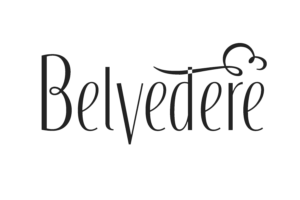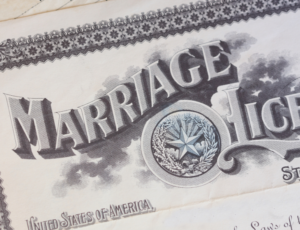 You’ve put a lot of time, effort and money into your latest corporate event planning efforts. Whether it’s a week long business conference or an afternoon training session, you will naturally want to gauge the success of that event with a customer survey.
You’ve put a lot of time, effort and money into your latest corporate event planning efforts. Whether it’s a week long business conference or an afternoon training session, you will naturally want to gauge the success of that event with a customer survey.
Post event feedback is an important part of any business function. It gives you the opportunity to measure the success of your latest event, so you can streamline and perfect future business meetings and conferences.
A well constructed event survey allows you to gauge customer satisfaction; with an emphasis on the day’s activities, content, speakers, refreshments, and entertainment.
But in order to gather this valuable feedback, you need to create an effective post event survey that your attendees will happily respond to. So, before you send out that post event survey, consider the following important tips.
Keep It Simple
To begin with, we will assume that your post event survey will take the form of a business email. Emails are quick and easy, making it more likely that your contacts will respond to the attached survey.
When it comes time to send your post event survey, you want to keep it simple. This is not the time to advertise your services, or to promote your next business conference. The call to action here is the survey itself, so eliminate links to anything other than the survey itself, as well as an opt out for those that prefer not to respond.
This is an important point, because while those that opt out of the survey won’t be providing any actionable feedback, it will give you an idea of how many attendees aren’t interested enough to respond, and that alone is valuable data.
Filter Your Survey Participants
You will naturally have a number of contacts on your books who, for one reason or another, did not attend your event. You want to filter these contacts out of your survey, so there data does not contaminate your results.
At the start of your post event survey, include a simple question that will filter these contacts out of your data pool.
For example, something simple like “Did you attend our April 12th Conference on Increased Productivity in the Workplace?’. If the response is ‘yes’, the contact can move on to the survey proper.
If the answer is ‘no’, the contact can be redirected to an exit page where you can thank them for their time and suggest that they attend your next scheduled event.
Start Simple and Stay Mobile Friendly
Keep in mind that many of your contacts will be answering your survey on a mobile device. So you want your survey to be simple, and easy to read and respond to on a hand-held device.
Each page should only feature one to three questions. Begin with a single question on the first page, and slowly advance to two or three questions per page as the survey gets rolling.
Long pages with many questions tend to exhaustive survey takers. Multiple pages featuring only one or two questions help to keep survey takers engaged.
Remember, if your contact gets bored they can all too easily click out of the survey and you will receive no actionable feedback.
Avoid Text Heavy Questions
Text heavy questions tend to cause contacts to drop out of the survey, or to provide nonsense answers that will only clutter your data pool.
Keep your survey questions simple, with either ‘yes’ or ‘no’ answers or multiple choice options. This will give you measurable data that is easier to manage and collate.
You can always include a final page in your survey where people can leave comments if they like.
Include a Final Thank You Page
Finally, include a ‘Thank You’ page at the close of your survey. You can maximize the value of your ‘Thank You’ page by including links to exclusive content from your event, such as keynote videos or prerecorded webinars.
You can also use the ‘Thank You’ page as an opportunity to promote your next event, including a link to a registration page on your home website.
Post event surveys are an important part of the business event planning process, and they should be prepared well in advance of the actual event date. If you’re in the process of planning a business conference or other corporate event, now is the time to prepare your post event survey so it is ready to send out in a timely manner.
The feedback you gather from your post event survey will not only help you measure the success of your event, it will help you to plan and stage more successful events in the future.





